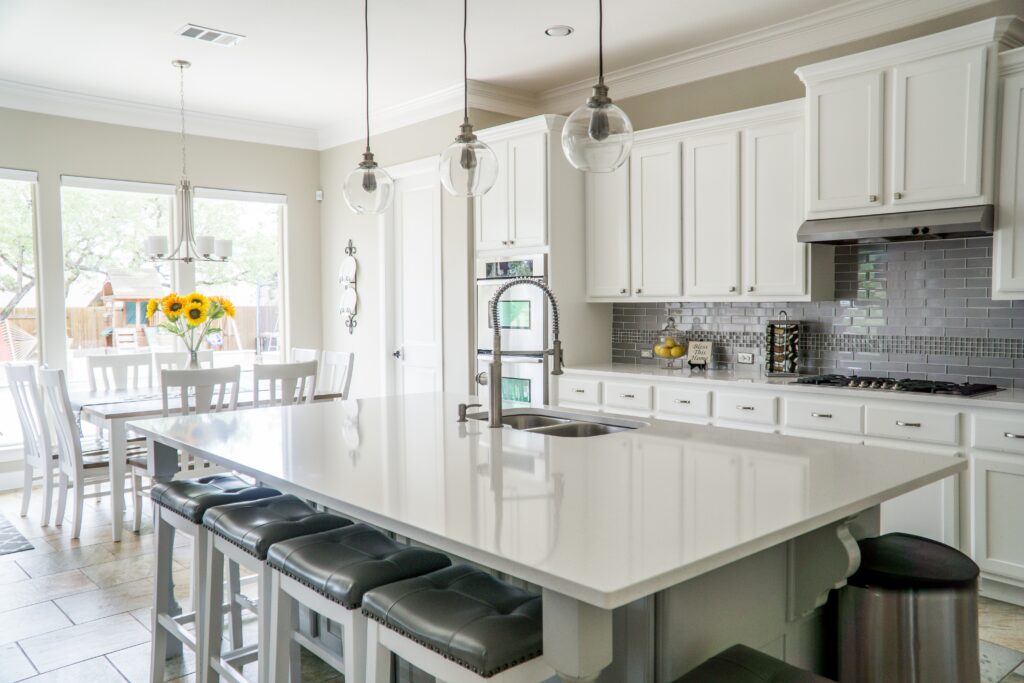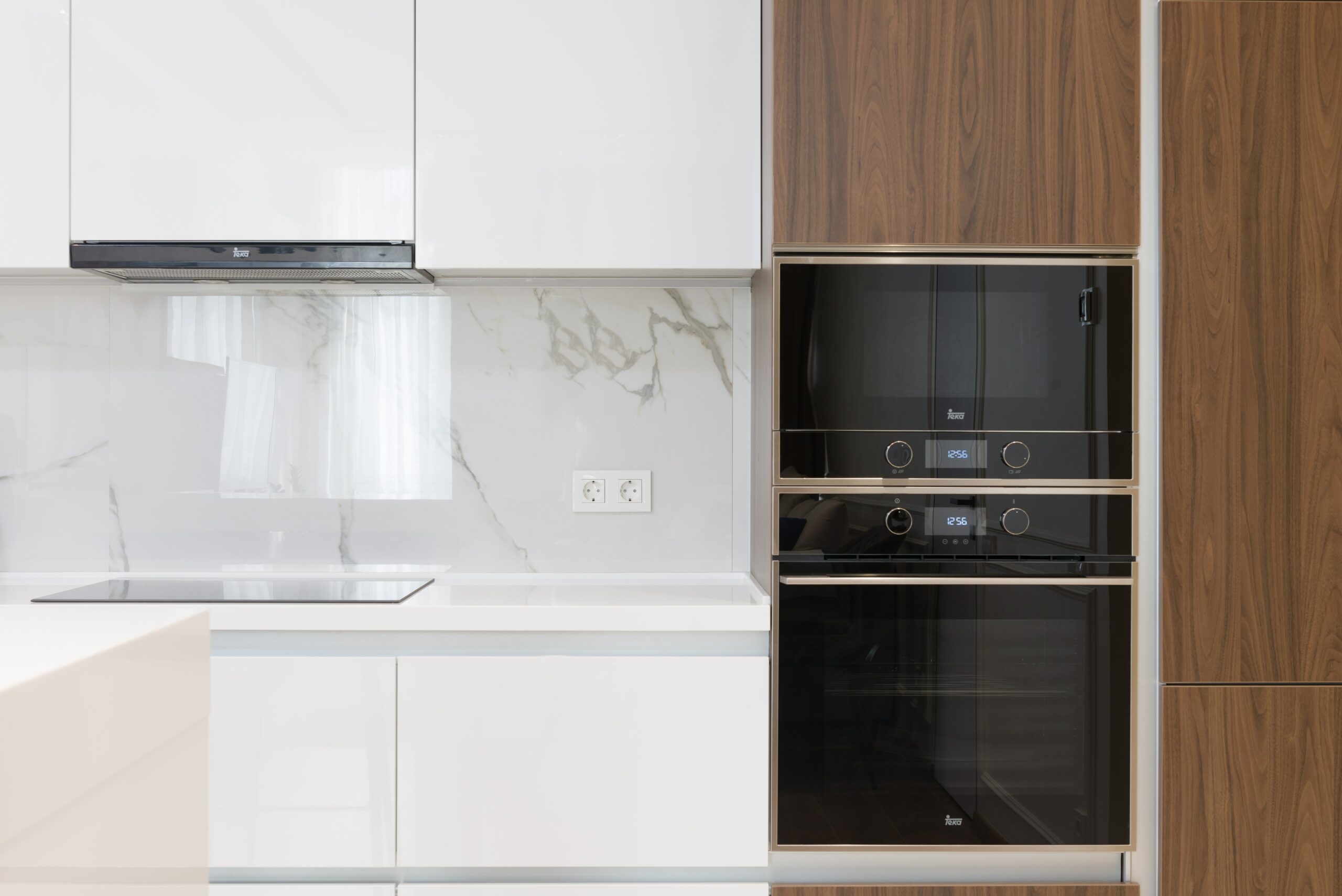The concept of smart homes has come a long way over the past few decades, transforming the way we live and interact with our living spaces. From voice-controlled assistants to automated systems that manage our lighting, security, and entertainment, smart homes have revolutionized our daily lives. However, this is just the beginning. In this blog post, we will explore the evolution of smart homes and take a glimpse into the future of this rapidly advancing technology.
Integration and Connectivity
Smart homes of the future will be marked by seamless integration and connectivity. The current trend of using multiple apps and devices to control various aspects of the home will give way to a unified system that consolidates all functions into a single platform. Imagine a future where you can control your lights, appliances, security system, and more, all from a single device or through voice commands. The Internet of Things (IoT) will play a crucial role in enabling this level of connectivity, allowing devices to communicate and work together effortlessly.
Enhanced Automation
Automation is a key aspect of smart homes, and as technology advances, it will become even more sophisticated. Smart homes will be equipped with sensors that can detect changes in environmental conditions, occupancy, and individual preferences. This will enable the automation of routine tasks, such as adjusting temperature and lighting based on occupancy, optimizing energy usage, and even restocking household supplies. With artificial intelligence (AI) algorithms becoming more refined, smart homes will learn from our behaviors and adapt to our needs, creating a truly personalized living experience.
Enhanced Energy Efficiency
In an era of growing environmental consciousness, smart homes will play a pivotal role in reducing energy consumption and promoting sustainability. Future smart homes will be equipped with advanced energy management systems that optimize energy usage based on factors like occupancy, weather conditions, and time of day. Smart thermostats will regulate heating and cooling to ensure comfort while minimizing energy waste. Additionally, the integration of renewable energy sources, such as solar panels and energy storage systems, will enable homeowners to generate and store their energy, making their homes more self-sufficient.

Improved Security and Safety
Security has always been a fundamental concern for homeowners, and smart homes will continue to enhance safety measures. Future smart homes will feature advanced security systems, including facial recognition technology, biometric access control, and real-time monitoring. In addition, smart homes will be equipped with sensors to detect emergencies like fires, leaks, or intrusions, instantly notifying homeowners and emergency services. Integration with personal devices and wearables will allow homeowners to remotely monitor and control their home’s security, providing peace of mind even when away.
Health and Wellness Integration
Smart homes will increasingly focus on enhancing our health and well-being. Connected devices and wearables will seamlessly integrate with our homes, providing personalized health monitoring and assistance. Imagine a home that tracks your sleep patterns, monitors your vital signs, and adjusts the lighting and temperature to create an optimal sleep environment. Smart kitchens will analyze nutritional information and provide personalized recipe suggestions based on dietary needs. The integration of virtual assistants with healthcare services will enable remote health consultations and medication reminders, empowering individuals to take control of their well-being.




